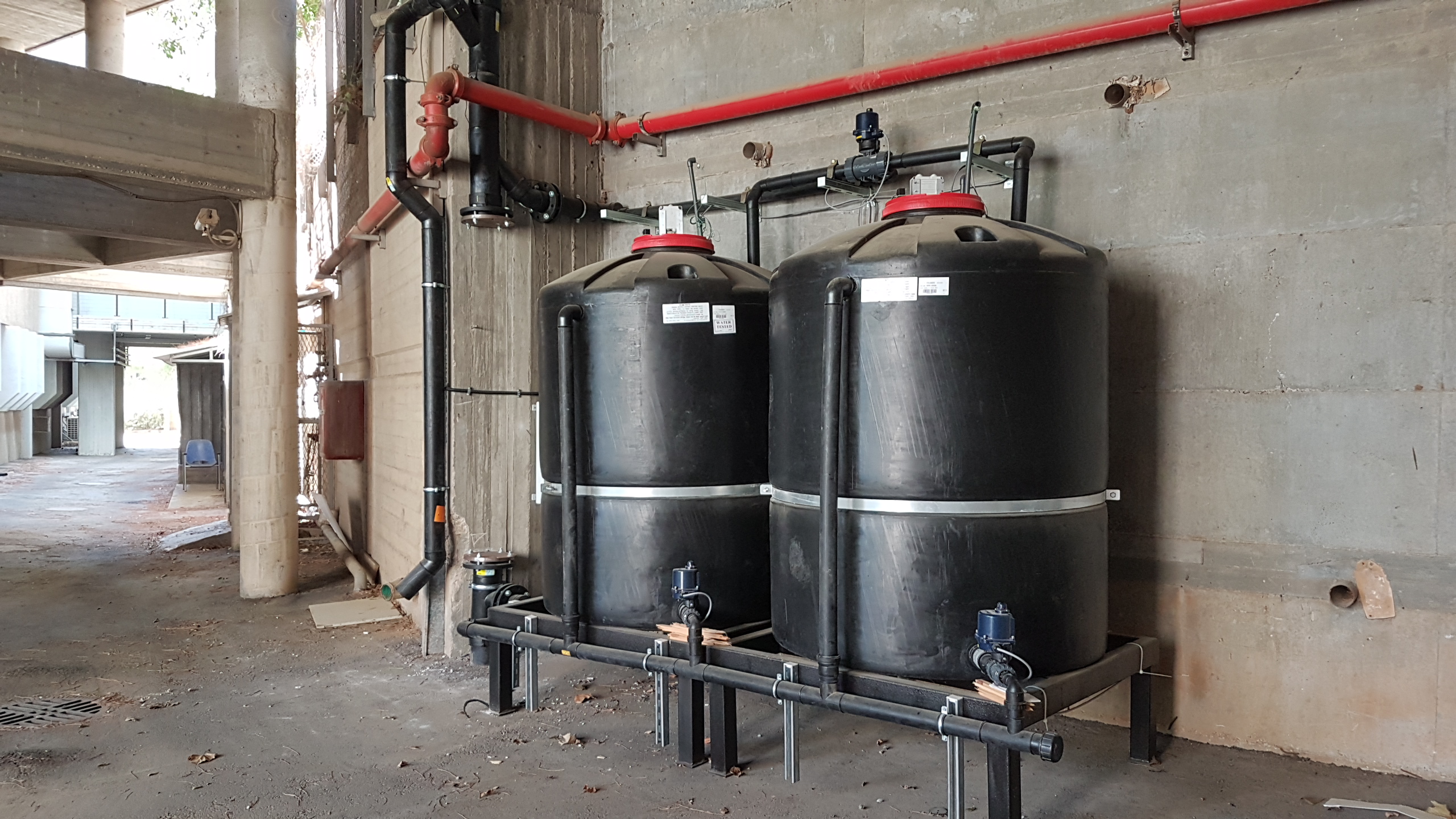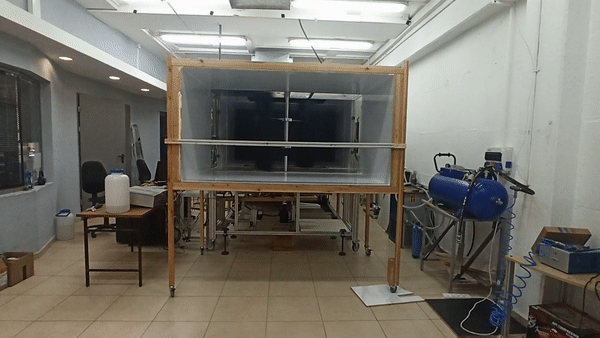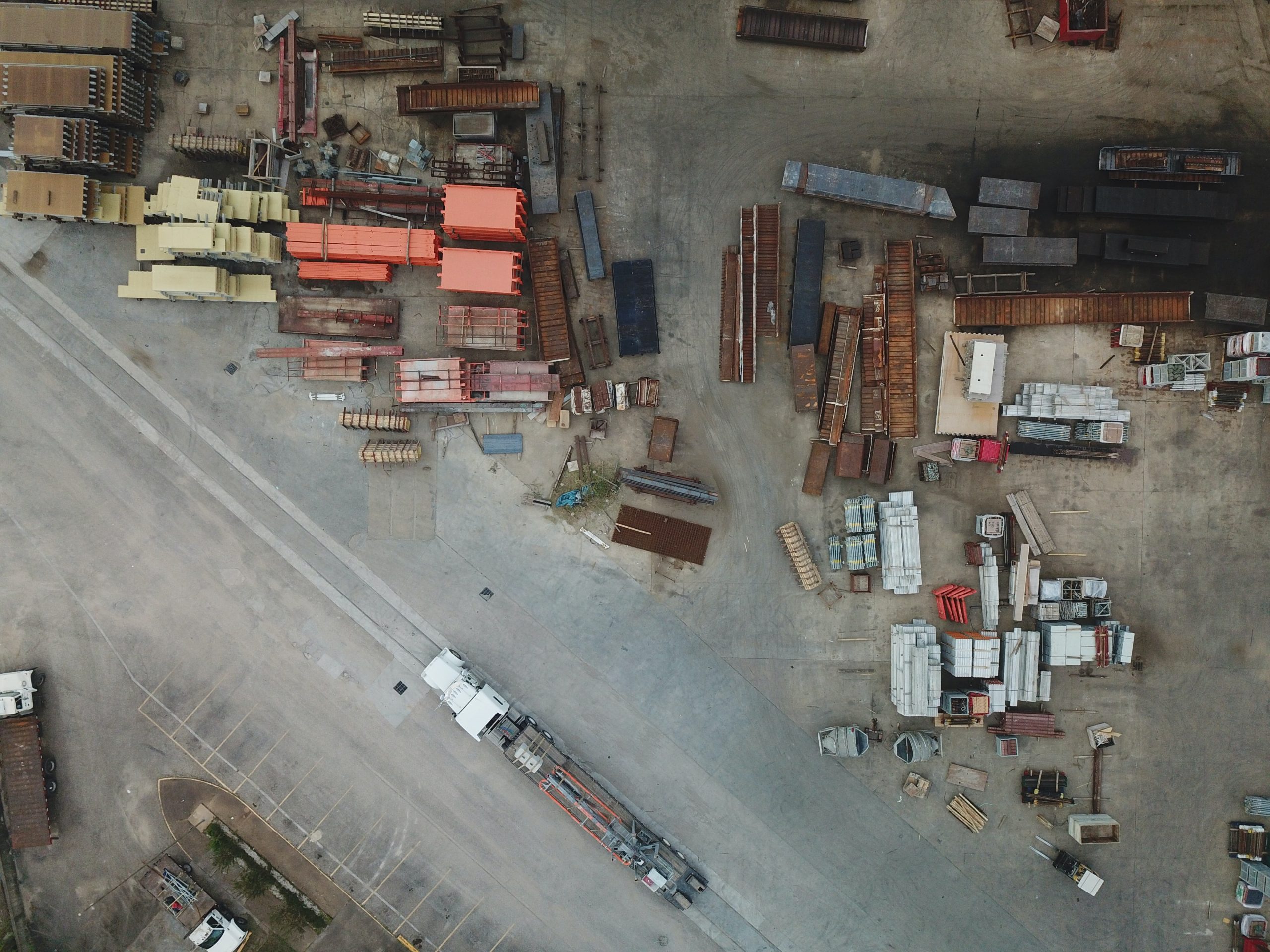Israeli start-up strives to cut CO2 emissions using food waste
January 19, 2020An Israeli startup, HomeBiogas, aims to cut three million tons of CO2 emissions by 2022 using an affordable and accessible biogas system that is fueled by a combination of bacteria and food scraps
Around 1.3 billion tons of food is wasted globally each year – one-third of all food produced for human consumption – according to the Food and Agriculture Organization (FAO). The amount of food wasted adds up to 2.6 trillion USD annually, which is more than enough to feed the 815 million undernourished people in the world four times over.
HomeBiogas developed a machine that solves the problem of excess organic waste and produces clean gas as well as fertilizer. This is done while simultaneously reducing greenhouse gas emissions through the bacterial breakdown of organic waste.
Setting up the device is an easy process. The most important element is inputting water and manure (from animals such as cows, horses, and sheep), which has bacteria that enable the biological and chemical breakdown of organic waste.
“After traveling around China, India, and Mexico, we understood that there is a big gap between what is possible and what already exists. Most of the solutions require digging in the ground, investing a lot of money or are not user-friendly. Our mission was to make a kit easy to assemble and to afford,” says Oshik Efrati, CEO, and Co-founder of HomeBiogas.
In the last few decades, life has become less and less environmentally friendly. However, this kind of technology can help make life sustainable.

Health hazards of cooking over an open fire
Some 3 billion people around the world cook their food and heat their homes with open fires using charcoal or firewood because they don’t have access to conventional cooking methods.
A typical cooking fire produces the same amount of smoke in one hour as about 400 burning cigarettes. Prolonged exposure is associated with respiratory infections, eye damage, heart and lung disease, and lung cancer. This cooking method in developing countries causing severe indoor air pollution, is the world’s largest environmental-health threat, leading to 4 million premature deaths annually.
HomeBiogas is investing in helping people in Rwanda, Uganda, Kenya, Ghana, Senegal, and India. “We are providing them an affordable solution for clean cooking,” says Oshik. “Our efforts are geared towards mostly families, not companies.”

How it works
HomeBiogas has a very simple but efficient system consisting of a process that results in two products – liquid fertilizer and biogas. Biogas is a combustible gas that is generated in a natural way by the biodegradation of organic matter, through the action of microorganisms in the absence of oxygen. Therefore, the HomeBiogas system can be used to reduce food waste while producing a viable product.
The food scraps and leftovers are introduced into the system, along with living bacteria from the manure that degrade organic matter in low oxygen conditions. When the food waste is degraded, methane gas is generated and stored in an upper container that is under constant pressure from a sandbag. Fertilizer liquid is also produced from the food waste that consists of nitrogen, potassium, calcium, magnesium, phosphorus, sulfur, and iron. This makes the HomeBiogas a zero-waste system.
Future and innovation
A new device was just released that has a larger capacity for waste, is 100% recyclable, and has an easy two-part setup. HomeBiogas set up a Kickstarter campaign in order to promote their new invention.
Today, HomeBiogas systems are being used in over 90 countries. Recently, they developed a Bio-Toilet, which allows for the treatment of toilet waste that is 100% off-the-grid and only uses 1.2 liters of water from a standing source.
“We want to become the worldwide leading company providing sanitation, health, and clean renewable energy for households and SMEs (small and medium-sized enterprises),” says Erez Lanzer, CFO, and Co-founder of HomeBiogas.
This ZAVIT article was also published in The Jewish Journal on 01/14/2020.







